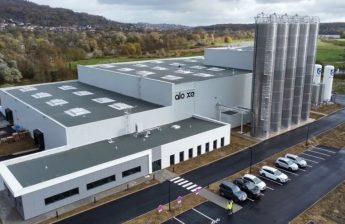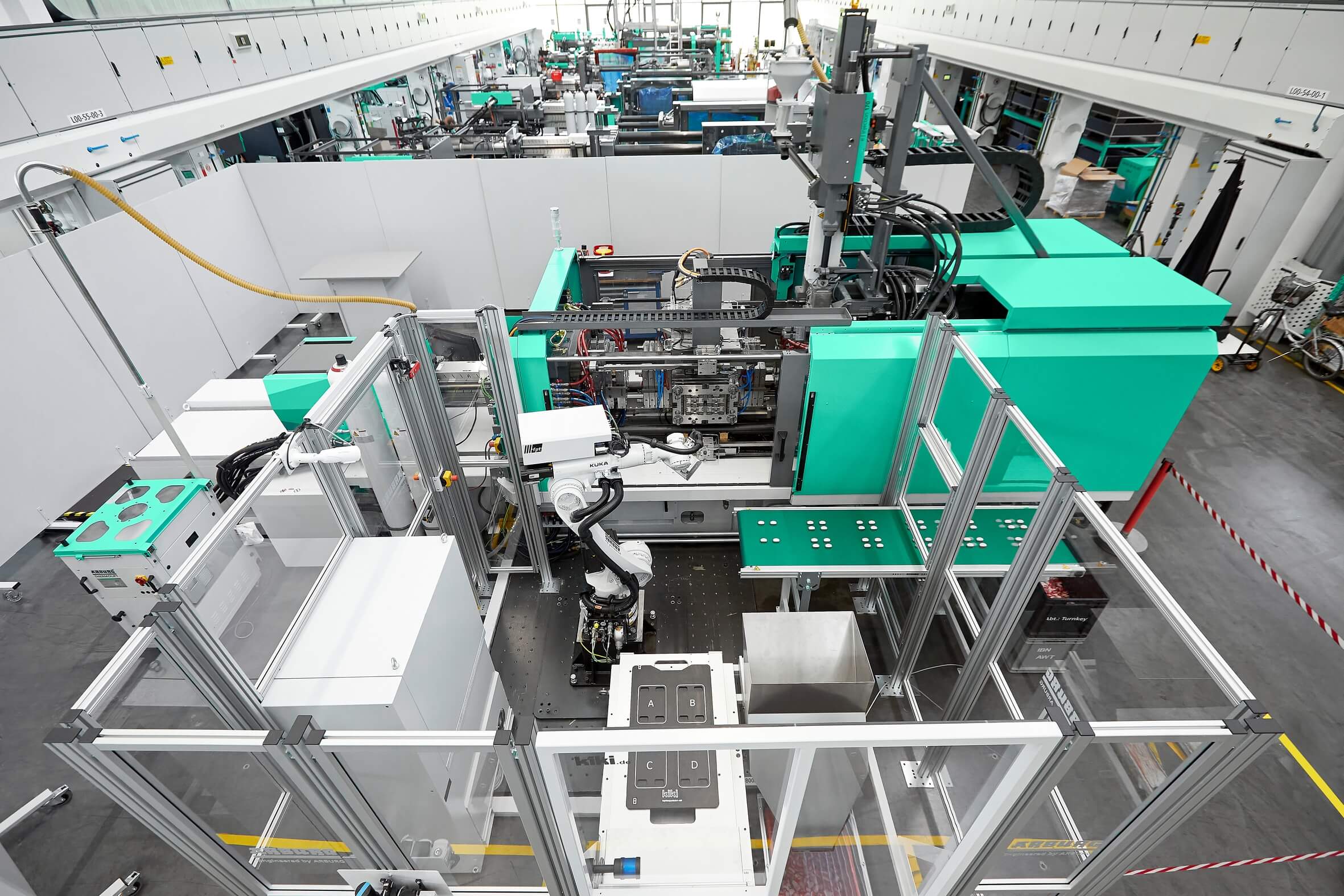 The proposals were approved by Bristol city council’s Development control (North) committee yesterday (September 7) and will also
The proposals were approved by Bristol city council’s Development control (North) committee yesterday (September 7) and will also
involve doubling the capacity of an existing material recycling facility at the same time from 40,000 tonnes-a-year to 80,000 tonnes-a-year.
The project, which is known as the ‘Bristol Resource Recovery Park’, will also include a gasification facility treating 100,000 tonnes-a-year of residual waste. This aspect of the development already had planning permission prior to the latest approval.
The waste plastic-to-diesel facility will convert around 6,000 tonnes-a-year of waste plastics such as yoghurt pots, food trays and bale-wraps from farms into diesel which can then be used as vehicle fuel. It will use a process developed by Irish plastics-to-diesel specialists Cynar which involves shredding and pyrolysis.
SITA UK signed a deal for exclusive use of Cynar’s technology in November 2010, with a view to eventually developing 10 waste plastic-to-diesel plants nationwide, all of a similar size to that to be built in Avonmouth (see letsrecycle.com story). Plans for the Avonmouth plant were originally submitted in April 2011 (see letsrecycle.com story).
According to SITA UK, the plastics-to-diesel facility will produce around 4.2 million litres of diesel a year. Last month, the company’s chief executive, David Palmer Jones, raised the possibility of diesel produced in Avonmouth being used to fuel the company’s fleet when it works on the 2012 London Olympic and Paralympic Games (see letsrecycle.com story).
‘Landmark decision’
The planning approval was welcomed by SITA UK’s planning manager, Gareth Phillips, who said: “This is a landmark decision which will put Avonmouth at the forefront of the very latest in resource management technology and bring new jobs to the area.
“Our plans to construct a Bristol Resource Recovery Park, that will extract energy and value from waste and reduce the amount of rubbish that is sent to landfill, are now being advanced and will bring benefits to the environment and the local economy.”
A spokesman for SITA UK told letsrecycle.com the company was aiming to get the expanded MRF and plastic-to-fuel plant both operational in 2012, although there was no date for the gasification plant to be operational.
SITA UK’s project is one of several waste management infrastructure developments in Avonmouth, with New Earth Solutions, Viridor and Cyclamax all either proposing or already operating large scale projects in the area.
Source : www.letsrecycle.com







